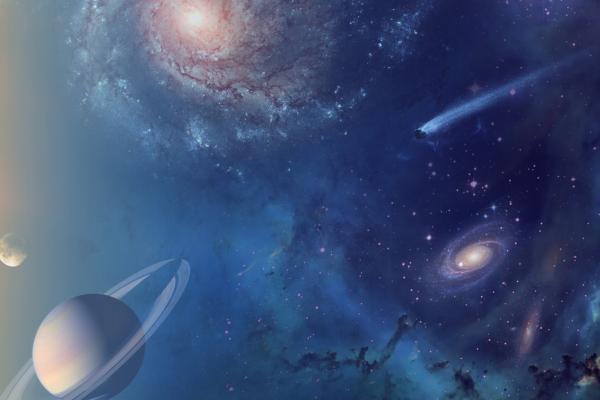
Transiting Planets and Eclipsing Disks From Small Telescopes
Joseph Rodriguez - Harvard
The success of ground-based transit and RV surveys, and the Kepler/K2 mission, has shifted the exoplanet field from pure discovery to a combination of discovery, demographic analysis, and detailed characterization, especially for exoplanet atmospheres. Unfortunately, most known transiting exoplanet hosts are too faint to permit atmospheric characterization. The K2 mission and ground-based transit surveys like the Kilodegree Extremely Little Telescope (KELT) project are able to meet that need. I will provide an overview of our recent discoveries from both facilities and their importance to understanding planet formation and evolution. Additionally, we are conducting the Disk Eclipse Search with KELT (DESK) survey to look for disk eclipsing events, specifically in young stellar associations. These rare systems provide insight into the conditions required for planet formation. The survey has already significantly increased the known sample of these systems, including the discovery of the longest-period eclipsing object known (~69 years). I will describe our results and discuss how we will search for these kinds of objects in future surveys such as LSST and TESS.
Coffee and Donuts will be served at 2:00pm in McPherson Lab Room 4054.
